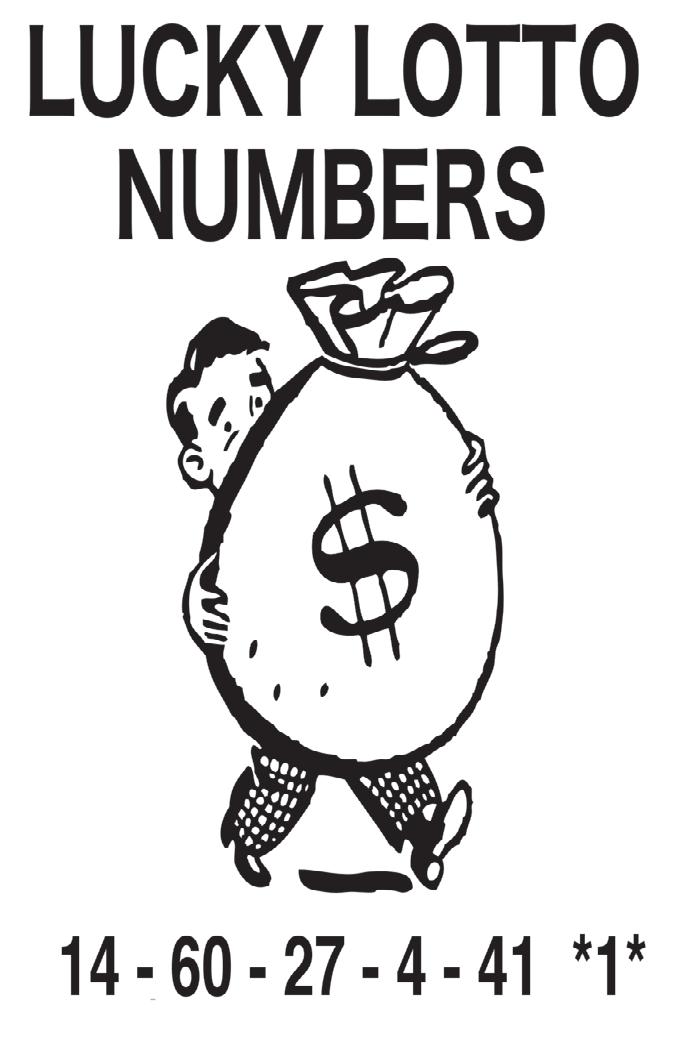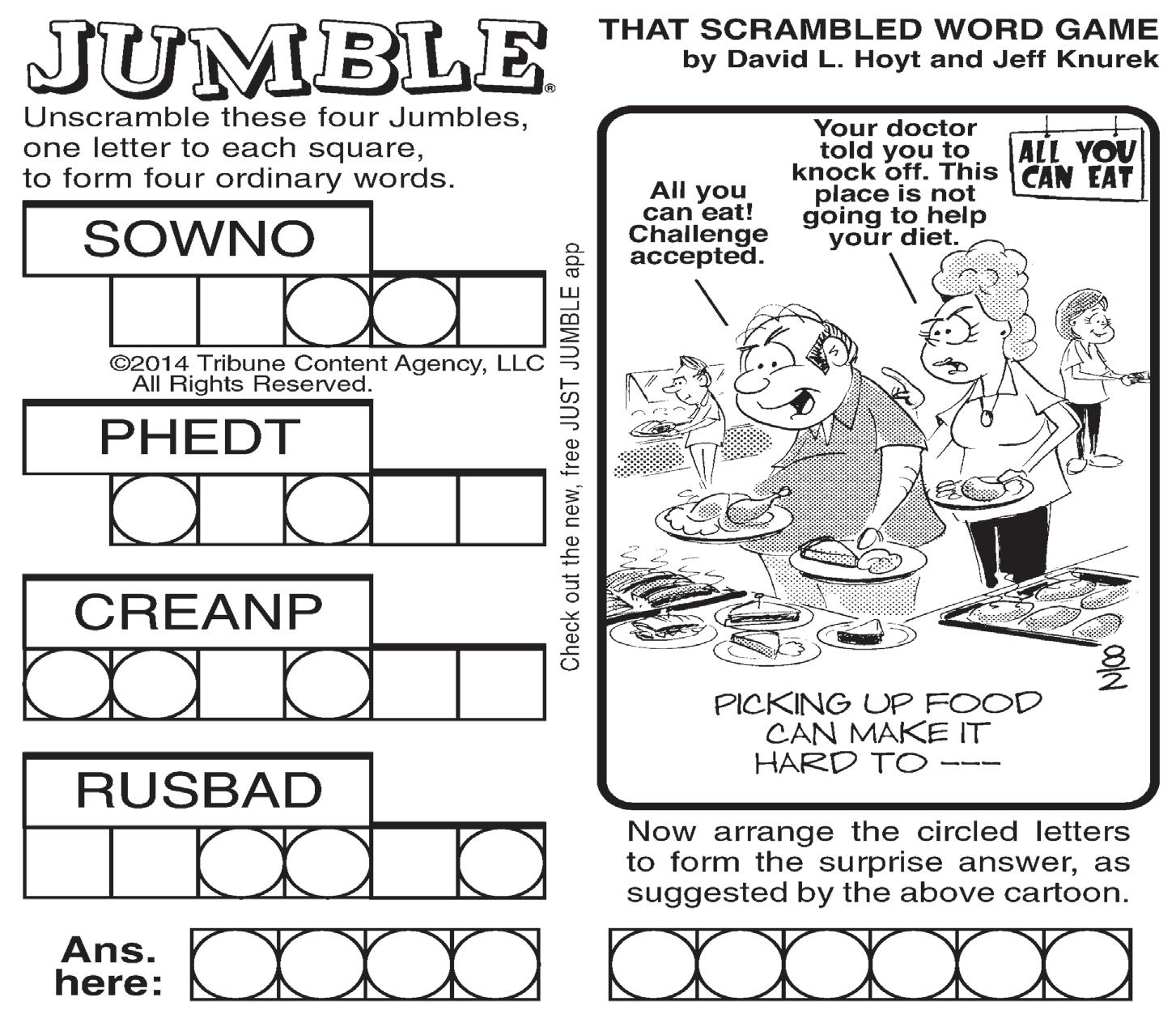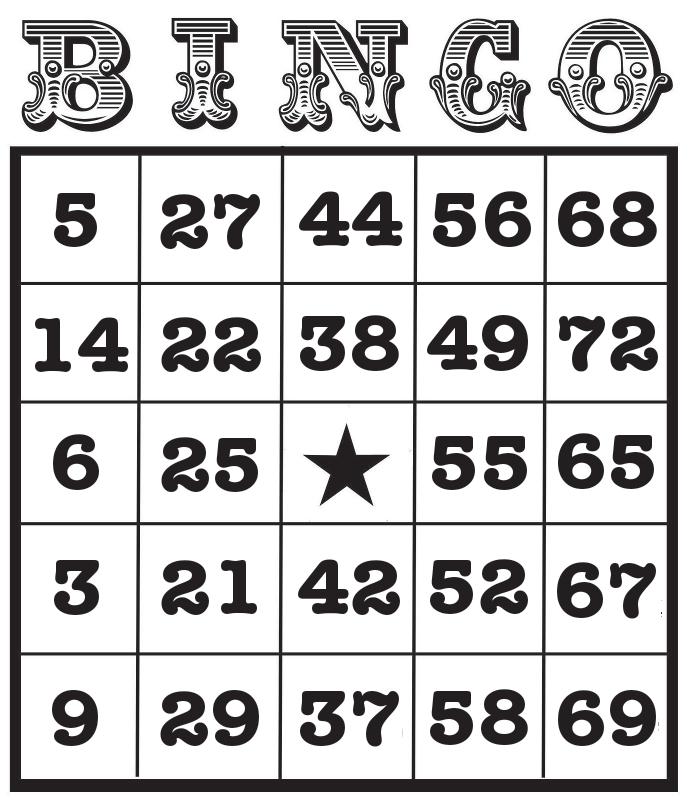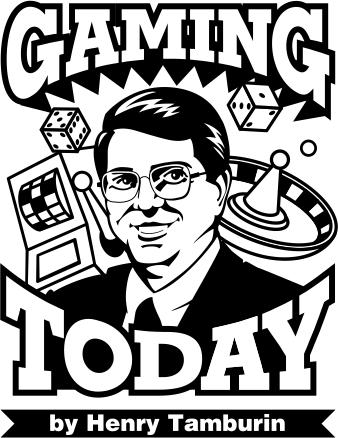
5 minute read
Coffee Break
1st International Joke Day
2nd World UFO Day
Advertisement
3rd Full Moon
4th Independence Day
10th Last Quarter Moon
11th Cheer up the Lonely Day
16th National Ice Cream Day
17th New Moon
19th National Hot Dog Day
23rd Parents’ Day
25th First Quarter Moon
29th
Lasagna Day
1. MOVIES: Which animated movie includes the line, “Fish are friends, not food”?
2. TELEVISION: What is the name of the Sesame Street Muppet who lives in a trashcan?
3. GEOGRAPHY: What is the largest country geographically in Africa?
4. ANATOMY: What is complete heterochromia?
5. U.S. STATES: Which two states don’t recognize Daylight Savings Time?
6. LITERATURE: Which bestselling novel (1989) is set in Clanton, Mississippi?
7. FOOD & DRINK: What is the national dish of Spain?
8. ANIMAL KINGDOM: What is a group of leopards called?
9. HISTORY: Which two Greek citystates fought the Peloponnesian War?
10. AD SLOGANS: Which company once urged customers to “reach out and touch someone” by telephone?

Bugle Crossword




A No Show at Bingo
Dear Guy,
This may be the reverse of what you usually hear, but I like going to Bingo and would like to have my wife come with me. I see a lot of couples playing, and I think it would be fun to make friends with some Bingo couples. The problem is that my wife has zero interest in Bingo and brushes off the idea whenever I ask her to come along. Any ideas? —Fred from Michigan
Dear Fred,
There are Bingo people and nonBingo people. It sounds like you’ve married yourself a non-Bingo person, and that may just be that. However…
Maybe you could get her to go with you for some kind of special occasion—like your birthday. She might not refuse you then. At least it will get her into the hall, and she’ll play a few games and maybe start to like it. But prepare yourself for the equally likely fact that she’ll be just as disinterested as she was the day before.
Another idea might be to start mentioning the various women you’ve met at Bingo, and how Sally said this and Mary said that, etc. etc. She may get a little concerned about all these women friends you’re meeting and start going to Bingo just to keep an eye on you.

—Guy
Write to Guy’s Turn c/o The Bingo Bugle, P.O. Box 527, Vashon, WA 98070, or e-mail Guy directly at tara@bingobugle.com.



* An attempt to set the Guinness World Record for the world’s most expensive cocktail sadly proved futile after a customer dropped and broke a bottle of cognac worth $77,000.
* Upon hearing of the 9/11 attacks, the Maasai tribe in Africa gifted 14 cows to America.
* In 1987, a 93-gram radioactive device was stolen from an abandoned hospital in Brazil. After it was passed around, four people died, 112,000 people had to be examined, and several houses had to be destroyed.
* Elevator operator Betty Oliver survived a 75-story fall from the Empire State Building in 1945 when a B-25 crashed into it due to fog. Three crewman and 11 people in the building died, but Betty, who died in 1999, still holds the Guinness World Record for longest survived elevator fall.
* A cat named Barsik, in Barnaul, Siberia, won a mayoral race with more than 90% of the vote. Notwithstanding that fact, and his clever campaign slogan — “Only mice don’t vote for Barsik!” — he was, alas, not allowed to actually take office.
* While John and Clarence Anglin, two of the only three men who ever escaped from Alcatraz, were officially reported to have drowned in the bay, their mother received flowers anonymously every Mother’s Day until she died, and two very tall, unknown women were said to have attended her funeral.
Standard Deviation Explained
Even the most highly skilled players suffer losing streaks (been there, done that). Sometimes the reason has nothing to do with not knowing basic strategy, or the “bad play” of your fellow players, or a “cheating dealer.”
No, the reason is due to what mathematicians call standard deviation (which I will refer to as SD).
If you’ve never heard of SD, don’t fret, because you are not alone. However, it is often the culprit that causes a player’s bankroll to swing wildly, so it’s important that you understand a little about SD. But I promise not to bore you too much math. Instead, I’ll show you how SD can be used to predict and understand the results of your playing sessions.
Basically, SD is a measure of the variance (or difference) between an actual result compared to an expected result. For example, how many heads would you expect if you flipped a coin 100 times? You probably said 50. However, in the real world it’s rare that your outcome would be exactly 50 heads (try it, and you’ll see). Most likely, you’ll wind up with more, or less, than 50 heads, and it’s unlikely that you’ll get the same result on each 100-coin-flip trial.
If you want to know beforehand how far away you most likely will be from exactly 50 heads (i.e., the outer boundary) you need to calculate the SD. In the case of our 100-trial coin-flip game, the math yields an SD of 5. This means that instead of ending up with exactly
50 heads as expected, you will probably end up in the range of 50 plus or minus 5 (1 SD), or between 45 and 55 heads. How probable is probable? For a large number of trials, one SD implies that in 68.3% of the trials you will wind up between plus and minus one SD from the expected result. If you want to know the probable result with more accuracy, you can calculate twice the SD, or 2SD (95.4% certainty), or 3SD (99.7% certainty).
(Note: Our 100-coin-flip example is not a very large trial, therefore, the percent probabilities will be slightly different than the above theoretical probabilities.)
Now let’s bet a buck on each coin flip. At the 2SD probable outcome, your result will be somewhere between 40 and 60 heads, about 95% of the time.
If heads comes up 60 times, you would be a winner of $20 (win one dollar on 60 flips and lose one dollar on 40 flips). If instead heads came up only 40 times, you’d wind up in the red by $20. In fact, about 95% of the time you would end up winning or losing between +$20 and -$20 after 100-coin flips, and only 5% of the time would your final outcome be a win or loss outside this range.
The point is that by calculating the SD you can predict how much money you should expect to be ahead or behind in this 100-trial coin-flip game with a fair degree of certainty.
What happens if you were to wind up losing $40 after 100-coin flips? I’d look carefully at the coin, because it is highly unlikely that you would be that far outside the 2SD lower boundary of -$20 if the game were fair.
So, what’s the lesson learned in all this? First, experiencing losing sessions as a basic strategy player is quite normal and should come as no surprise. The reason you have some winning and some losing sessions is due to the natural fluctuations of the game (i.e., SD). Secondly, in the short term you could experience many consecutive winning or losing sessions, because luck has a lot to do with your outcome. Thirdly, the longer you play, the more likely your final outcome will be a net loss, because the math in the casino’s favor will ultimately prevail over “luck.”



